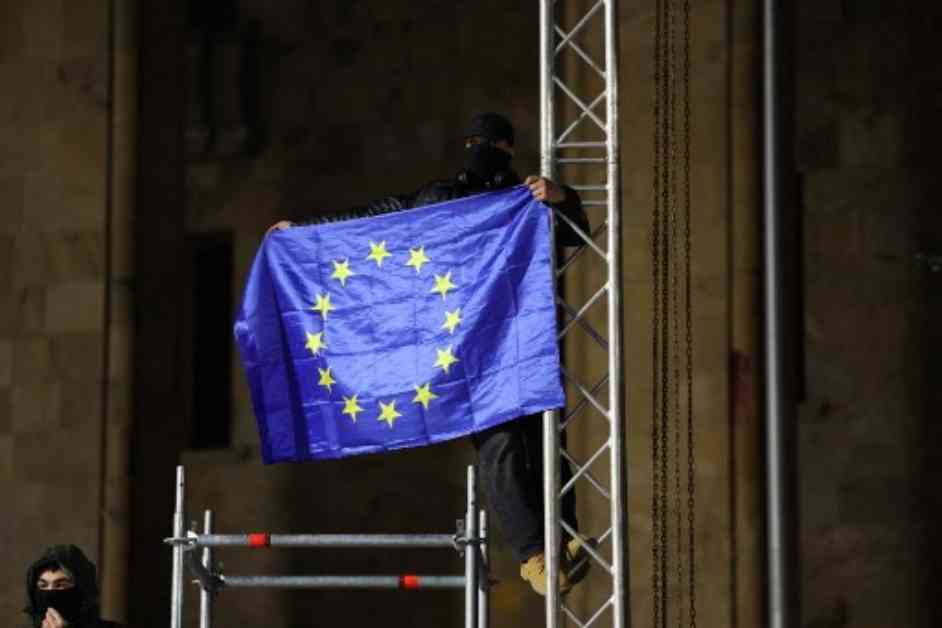The EU Council made a significant move on Monday, Jan. 27, by revoking visa-free travel privileges for Georgian officials and diplomats. This decision means that starting immediately, Georgian officials and diplomats must apply for visas when traveling to EU member states, losing the benefits of shorter application times, lower visa fees, and fewer supporting documents. However, this change does not affect Georgian citizens holding standard passports. The EU Council justified its decision by pointing to Georgia’s implementation of a “foreign agent” law and the subsequent protests and crackdowns that followed. According to the EU Council’s press release, these actions undermine fundamental rights such as freedom of association and expression, right to privacy, right to participate in public affairs, and increase stigmatization and discrimination.
The visa-free revocation is the latest development in the strained relationship between Tbilisi and the West, as Georgia’s ruling party, Georgian Dream, has increasingly aligned itself with pro-Kremlin interests. The controversial “foreign agents” law, passed by Georgia in May 2024, mirrors similar legislation in Russia and has led to the EU halting the country’s accession talks. Additionally, Tbilisi’s decision to delay these talks until at least 2028 has sparked a series of protests. The law requires organizations to register as “organizations serving the interest of a foreign power” if more than 20% of their funding comes from abroad. Supporters claim it will prevent foreign interference, while critics argue it could suppress freedom of speech and information flow, akin to Russia’s restrictions. The Georgian Dream government’s anti-Western stance has further fueled tensions, culminating in what the EU Council described as “violent repression” against protestors, politicians, and independent media during demonstrations against the delayed EU accession talks.
In a statement, Tomasz Siemoniak, Polish minister of the interior and administration, emphasized that officials representing a country that disregards fundamental values should not receive easier access to the EU. This sentiment underscores the EU Council’s stance on holding nations accountable for upholding democratic principles. The repercussions of these decisions extend beyond diplomatic relations, impacting the rights and freedoms of Georgian citizens and the broader geopolitical landscape. As the situation continues to evolve, the implications of these actions on Georgia’s future trajectory and its relationship with the EU remain uncertain.

















